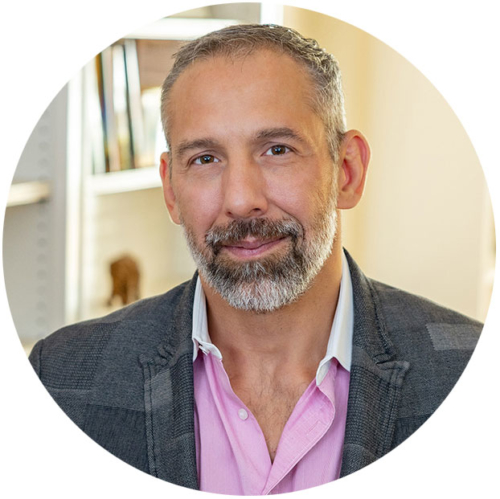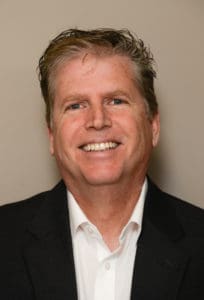How much does health care cost in retirement?!


Let’s not bury the lead. According to the Fidelity Retiree Health Care Cost Estimate, an average retired couple aged 65 in 2021 may need approximately $300,000 saved (after tax) to cover healthcare expenses in their retirement.
Fidelity has been tracking this data for years. I cover how retirees can prepare for this in my still-untitled second book. (It will probably be printed sometime in late 2021.) I devote considerable time to healthcare costs because it can change the way retirees prioritize spending in their golden years. If you have a $10 million portfolio, the cost of health care may not significantly impact your standard of living. But suppose you are drawing 5% from a $1 million portfolio. You may feel differently about footing the bill for that once-in-a-lifetime family vacation if now you’re drawing 5% from a $700,000 portfolio.
What if you don’t even have a portfolio? According to Credit Karma, as of April 2021, roughly 21 million Americans hold $46 billion of medical debt. Anecdotally, we’ve all seen people in our community who have had to resort to crowdfunding to pay their medical bills. You won’t be surprised when you read that two-thirds of people who file for bankruptcy cite medical issues as the reason (some of those issues were related to time out of work). That’s more than half of a million families per year. (I am loath to give data that an ideologue can manipulate to forward their narrative, but it is noteworthy that the numbers have been consistent both pre- and post-Affordable Care Act.)
I highlight these issues to create the urgency you should feel when I nudge you to consider taking some actions to prepare for healthcare costs in retirement. The recommended steps depend a lot on what life stage you’re in. For example, suppose you are on Medicare. In that case, you’ll want to annually refile to optimize your plan as your ailments and medical needs change over the years. I know that sounds annoying, and it is, but your financial advisor can do this for you at no charge to you.
Full disclaimer, I own a financial advisory firm. It looks self-serving (and gross) to say, “Talk to your financial advisor.” Thousands of people file for themselves every year, and you can, too. You can get started with Medicare here.
Keep in mind that Medicare probably won’t be enough to cover your healthcare costs in retirement. Ideally, you’ll want to prepare for those costs decades before retirement. You could start that preparation by investing in a Health Savings Account (HSA).
An HSA is the only account type where you can benefit from the tax-deductible contribution and a tax-free distribution to pay for medical expenses. That differs from traditional IRAs and 401(k)s, which can reduce your taxable income in the year you contribute, but still require you to pay taxes when you make the withdrawals.
Unlike traditional IRAs and 401(k)s, which mandate distributions by a certain age, you can let the investments in your HSA grow tax-free for as long as you want. If you don’t spend it by the time you die, your surviving spouse can inherit the account and the same benefits.
My point isn’t so specific as to hold your feet to the fire to optimize your Medicare plan or to promote HSAs (although I am a fan of both ideas). My point is to raise awareness, even if that means being the bearer of bad news. Sometimes that’s my role, to tell you things you don’t want to hear — like you might not be able to pay for retirement if you don’t plan for something you haven’t considered. But I don’t want to tell you the problem and not give at least one solution.
Allen Harris is the owner of Berkshire Money Management in Dalton, Mass., managing investments of more than $700 million. Unless specifically identified as original research or data-gathering, some or all of the data cited is attributable to third-party sources. Unless stated otherwise, any mention of specific securities or investments is for illustrative purposes only. Adviser’s clients may or may not hold the securities discussed in their portfolios. Adviser makes no representations that any of the securities discussed have been or will be profitable. Full disclosures. Direct inquiries: aharris@berkshiremm.com.
This article originally appeared in The Berkshire Edge on July 6, 2021.






